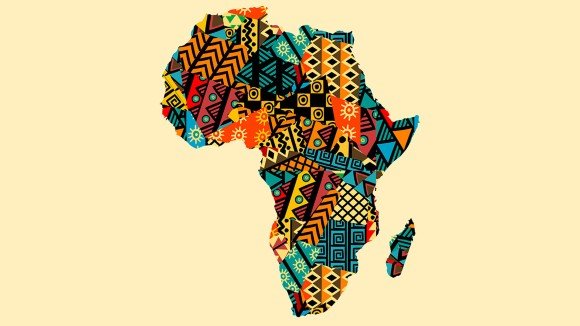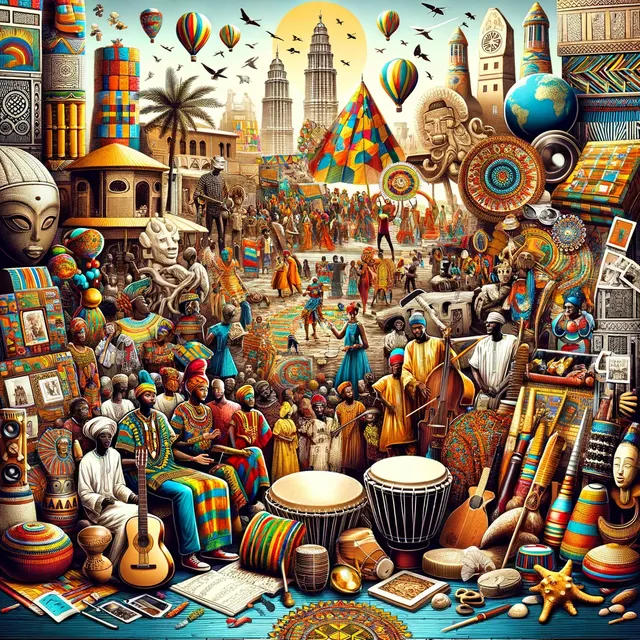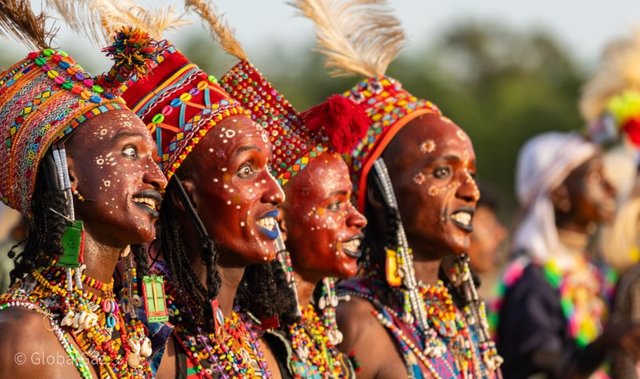Exploring the Rich Diversity of African Culture

Africa, often referred to as the "Cradle of Humanity," is a continent renowned for its incredible diversity of cultures, traditions, and practices. With over 1.4 billion people and more than 3,000 distinct ethnic groups, Africa’s cultural richness is one of its most defining characteristics. From its vibrant music and dance to its unique languages and traditional attire, African culture is a fascinating tapestry that continues to inspire the world.
Language and Communication
Africa is home to more than 2,000 languages, making it one of the most linguistically diverse regions on Earth. These languages belong to major language families, including Afroasiatic, Nilo-Saharan, Niger-Congo, and Khoisan. In many communities, language is more than just a tool for communication—it serves as a vessel for storytelling, history, and the preservation of heritage.
Proverbs, which are widely used in African culture, carry deep wisdom and serve as a guide for life. For example, the Akan proverb from Ghana, “Wisdom is like a baobab tree; no one individual can embrace it,” highlights the importance of collective knowledge.
Traditional Music and Dance
Music and dance are integral parts of African culture, often used to mark significant occasions such as births, weddings, harvests, and spiritual ceremonies. African music is characterized by rhythmic complexity and the use of traditional instruments like drums, xylophones, and flutes.
Drumming, in particular, is more than a form of entertainment—it is a form of communication. In West Africa, "talking drums" mimic the tonal patterns of human speech, enabling drummers to convey messages over long distances. Dance is equally important, serving as a way to express emotions, tell stories, and foster community bonding.

Traditional Attire and Art
Traditional African attire varies widely across regions and is often tied to cultural identity and social status. For instance, the kente cloth of Ghana, with its colorful and intricate patterns, represents history, philosophy, and spirituality. The Maasai people of East Africa are known for their striking beadwork and vibrant shukas, which reflect their pastoral lifestyle.
African art is another cultural treasure, ranging from ancient rock paintings to modern sculptures. Masks, often used in spiritual rituals, are symbolic and hold deep meanings, connecting wearers to ancestors or spiritual forces.
Food and Culinary Traditions
African cuisine is as diverse as its cultures, offering a variety of flavors and ingredients. Staples like maize, millet, yams, and cassava form the foundation of many diets, complemented by richly spiced stews and soups.
Each region has its signature dishes. In West Africa, jollof rice is a beloved dish that sparks friendly debates about which country prepares it best. In East Africa, ugali (a maize-based dish) is a common staple, while North Africa is famous for its couscous and tagines. Sharing meals is deeply ingrained in African culture, symbolizing unity and hospitality.
Cultural Festivals and Celebrations
Festivals are a vibrant expression of African culture, often blending traditional beliefs with contemporary practices. The Zulu Reed Dance in South Africa, the Durbar Festival in Nigeria, and the Timkat Festival in Ethiopia are just a few examples of events that celebrate heritage and community.
These festivals provide a platform for showcasing music, dance, attire, and rituals, ensuring that traditions are passed down to younger generations.
Family and Community Values
Family is at the heart of African culture, and the concept of extended family is highly valued. In many communities, raising a child is seen as a collective responsibility, embodied in the saying, “It takes a village to raise a child.” Elders are respected as keepers of wisdom, and their guidance is sought on important matters.
The spirit of "Ubuntu," a philosophy common in Southern Africa, emphasizes interconnectedness and humanity. It teaches that “I am because we are,” promoting compassion, mutual respect, and the importance of community.
Preserving African Culture in a Globalized World
As globalization continues to influence societies worldwide, preserving African culture is more important than ever. Efforts to document traditional practices, teach indigenous languages, and celebrate cultural heritage through art and festivals are vital in maintaining Africa’s rich identity.
African culture is not static—it evolves while remaining deeply rooted in tradition. Its enduring vibrancy is a testament to the resilience and creativity of its people.
.jpeg)